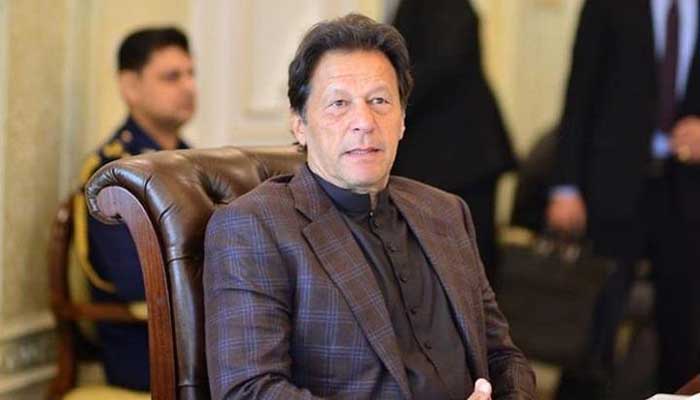Introduction
In a significant turn of events, Pakistan’s Prime Minister Imran Khan has been granted bail in a state secrets case, just ahead of a crucial election. The development adds an unexpected layer of complexity to an already dynamic political landscape in Pakistan. In this article, we’ll delve into the details of the case, explore the potential implications for the upcoming election, and consider the broader context of this legal maneuvering.
The State Secrets Case: Unraveling the Charges
Imran Khan, a prominent political figure and the current Prime Minister of Pakistan, faced serious legal challenges as he was embroiled in a state secrets case. The charges revolved around allegations of mishandling sensitive information, sparking concerns about national security. The legal proceedings garnered widespread attention, and the decision to grant bail has brought both relief and speculation about the political implications.
Implications for the Upcoming Election
The timing of Imran Khan’s bail approval is noteworthy, as it comes just ahead of a key election that holds immense significance for Pakistan’s political landscape. As the leader of the ruling party, Khan’s legal battles have added a layer of uncertainty to the electoral process.
Political Maneuvering:
The granting of bail can be seen as a strategic move by Imran Khan and his political allies. By securing his release before the election, Khan aims to present himself as a victim of politically motivated legal challenges. This maneuvering could potentially rally support from his followers and portray the legal proceedings as attempts to undermine the democratic process.
Impact on Voter Perception:
The public’s perception of Imran Khan’s legal troubles could play a crucial role in the upcoming election. Supporters may view the bail approval as a validation of Khan’s innocence, while opponents might argue that it raises questions about the judiciary’s independence. The verdict’s impact on voter sentiment remains a key factor in shaping the electoral landscape.
Shifts in Political Alliances:
The legal developments may trigger shifts in political alliances as parties reassess their strategies in light of Imran Khan’s bail. The opposition, sensing an opportunity, could intensify efforts to form coalitions and capitalize on the perceived vulnerability of the ruling party.
Broader Context: Pakistan’s Political Landscape
To understand the significance of Imran Khan’s bail in the state secrets case, it’s crucial to consider the broader context of Pakistan’s political landscape. The country has a history of political volatility, with power often shifting between different political factions. Imran Khan’s tenure as Prime Minister has been marked by a mix of economic challenges, governance issues, and geopolitical complexities.
Economic Challenges:
Pakistan faces economic challenges, including inflation, fiscal deficits, and debt burdens. The management of these issues has been a focal point of political debates. Imran Khan’s ability to address economic concerns has been a key factor influencing public opinion.
Geopolitical Dynamics:
The intricate geopolitical dynamics of the region, including Pakistan’s relationship with neighboring India and its role in the Afghan peace process, are characterized by Pakistan’s strategic positioning. These factors contribute to the complexity of Pakistan’s foreign policy and can influence domestic politics.
Social and Cultural Factors:
The political discourse is shaped by social and cultural factors, including issues related to human rights, religious freedom, and gender equality. Political leaders must navigate these complex issues to maintain public support.
Conclusion
The bail granted to Imran Khan in the state secrets case introduces a new element of complexity to Pakistan’s political narrative. The implications of this decision extend beyond mere legal considerations, encompassing the crucial domains of voter perception, political alliances, and the broader landscape of economic and geopolitical challenges. As Pakistan stands at this critical juncture, all eyes are on how these legal developments will influence the trajectory of its political future. The impending election emerges as a litmus test, assessing the resilience of Pakistan’s democratic institutions and offering insights into the dynamics that will shape its path forward.




